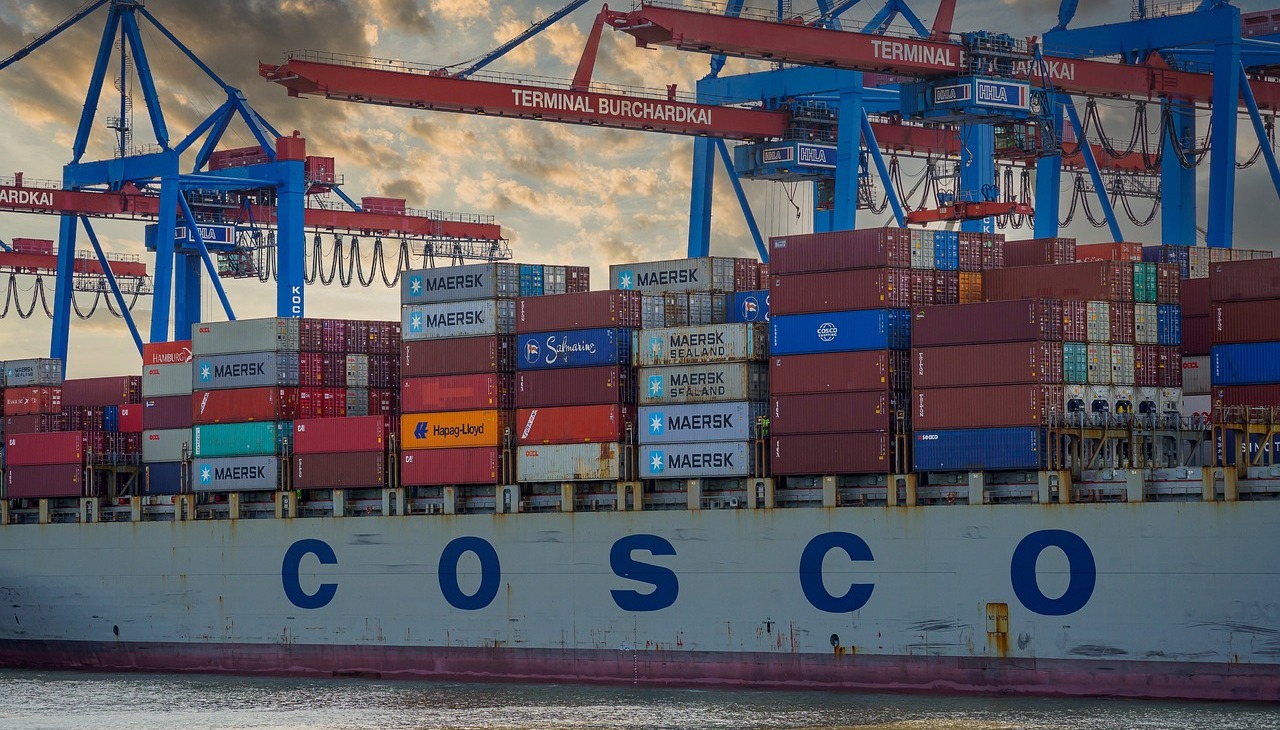
The world economy will grow less than 3% in the next 5 years, warns the IMF
From April 10 to 16, the IMF's 2023 Spring Meetings will be held with the topic of little predicted economic growth at the center.
According to the latest projections from the International Monetary Fund that were published in January, the growth of the global economy will only be around 2.9% and 3.1% until April 2024, which indicates the need for short and medium term actions to alleviate the situation.
Kristinalina Georgieva, director of the International Monetary Fund (IMF), told EFE:
For the next five years, the world economy will be troubled as it will barely grow 3%, one of the lowest figures since the 1990s.
The consequences of war
Highlighting how armed conflicts have aggravated an already complicated outlook due to the COVID-19 pandemic and the severe economic recession that it produced, the IMF also warned that close to 90% of developed economies will experience a decrease in their growth rate.
"Financial fragmentation due to geopolitical tensions can increase macrofinancial volatility by discouraging international risk diversification that would serve as protection against internal and external shocks," the IMF wrote on Twitter.
A moment of priority
Emphasizing the weakness of growth, both in the short and medium term, Georgieva called on world leaders to achieve a robust recovery in the short term while promoting medium and long reforms that guarantee a more inclusive, sustainable and strong growth.
The director of the IMF highlighted a series of priorities that she considers must be put into operation immediately to obtain robust growth, such as fighting inflation and safeguarding financial stability.
“Fighting inflation has become more complex with recent pressures from the banking sector in the United States and Switzerland, serving as a reminder of how difficult it is to quickly transition from a prolonged period of low interest rates and ample liquidity to much higher and scarce liquidity,” said Georgieva.
RELATED CONTENT
Desde la inflación y la deuda hasta COVID-19 y la guerra de Rusia en Ucrania, múltiples fuerzas están moldeando la economía global.
— FMI (@FMInoticias) April 5, 2023
Del 10-16 de abril, nuestras Reuniones de Primavera de 2023 reunirán a varias partes interesadas para discutir esto y más: https://t.co/DUtkCHHTcM pic.twitter.com/vlqmwp0wQX
Despite the recent crisis in banking, which led to the closure and subsequent government bailout of at least two major financial institutions in the United States and Europe, Georgieva noted that banks are now stronger and more resilient than they were in the 2008 crisis.
However, the official also urged authorities to remain vigilant in case there are hidden vulnerabilities in the banking or non-bank financial sector, while asking central banks to remain focused on tackling inflation.
The IMF, seeking to improve growth prospects in the medium term, also recommended raising productivity and growth potential through structural reforms, accelerating the digital revolution, and improving the business environment.
The fund also invited more investments to green projects for the ecological transition and urged against commercial fragmentation to increase international solidarity and reduce the debt problems of the poorest countries.
“Countries can protect their national and economic security by continuing to trade and being pragmatic about strengthening supply chains. IMF research shows that diversifying supply chains can cut potential economic losses from chain disruptions in half,” Georgieva concluded.



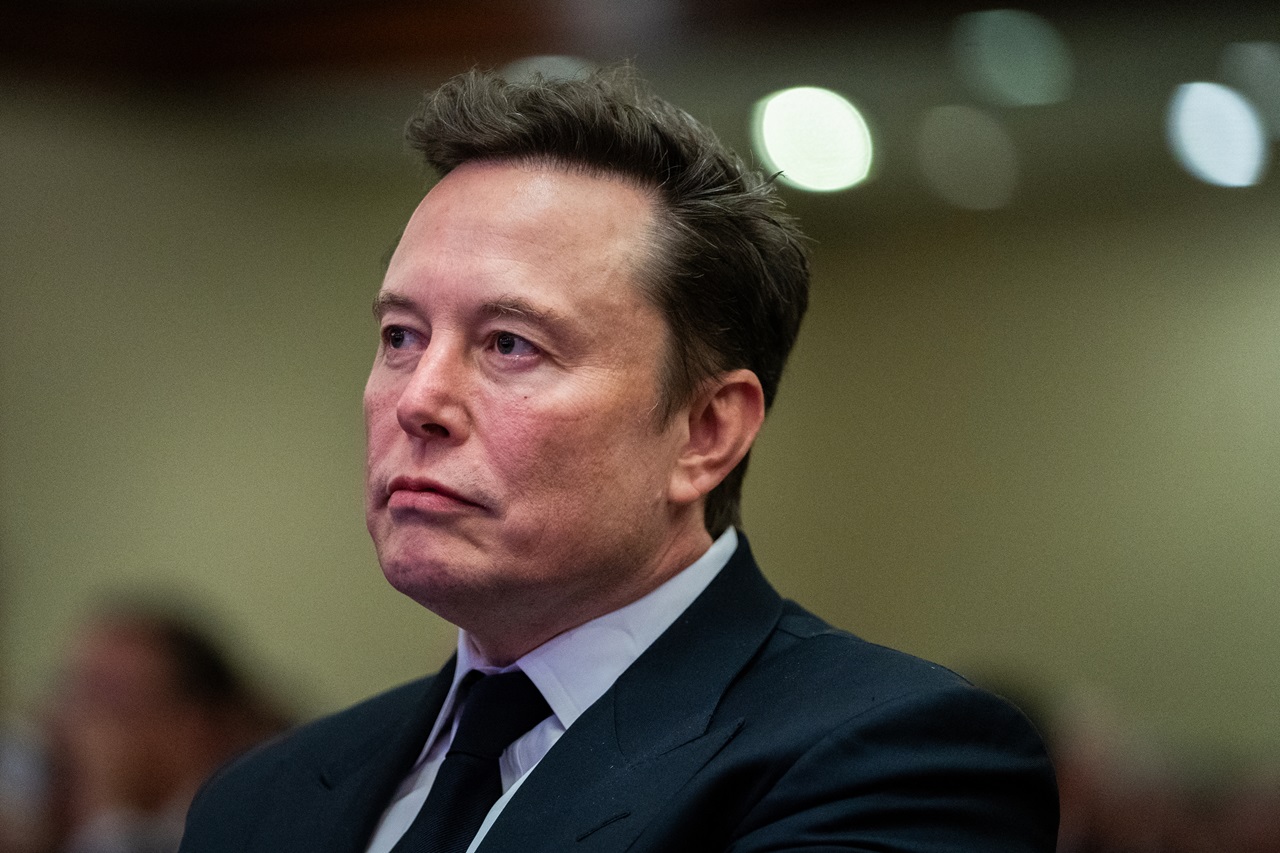
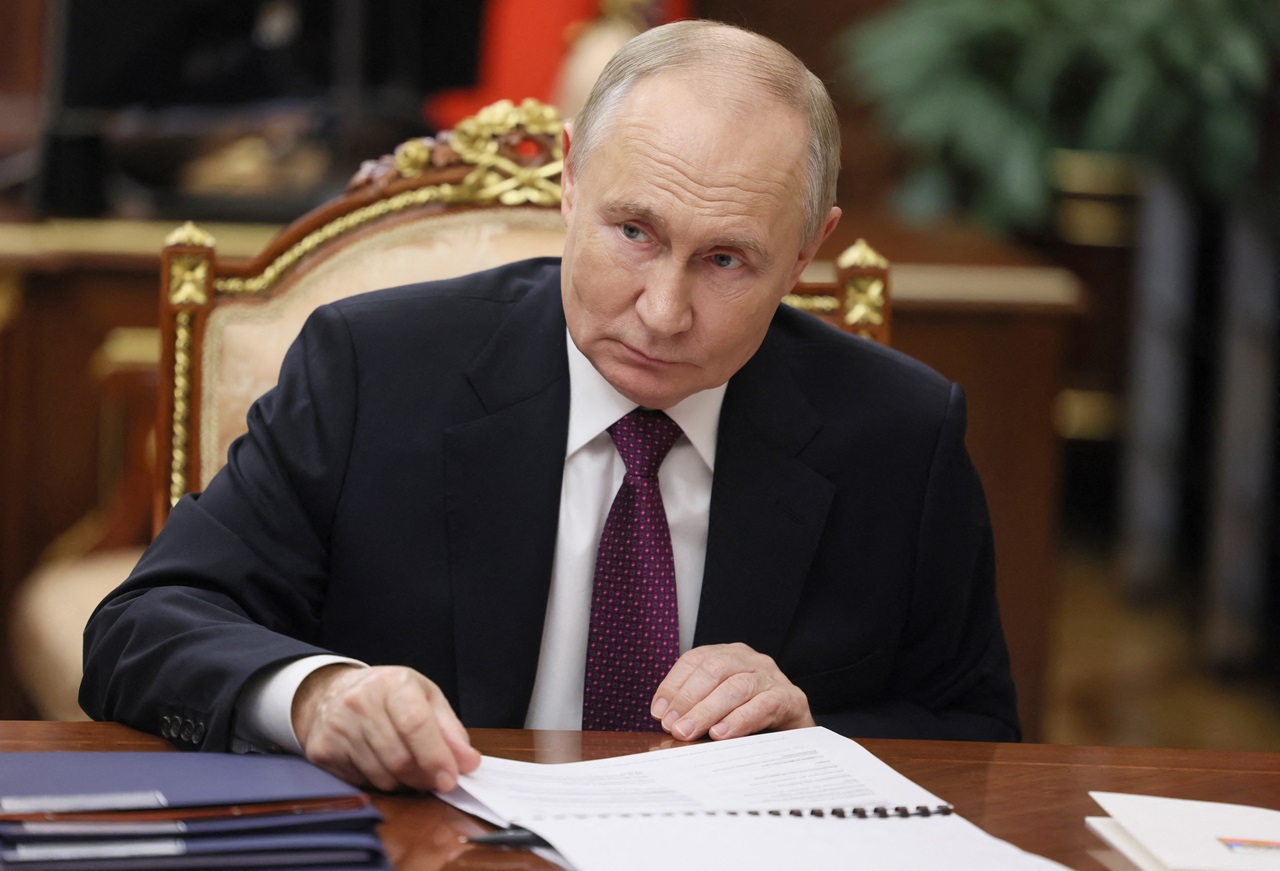

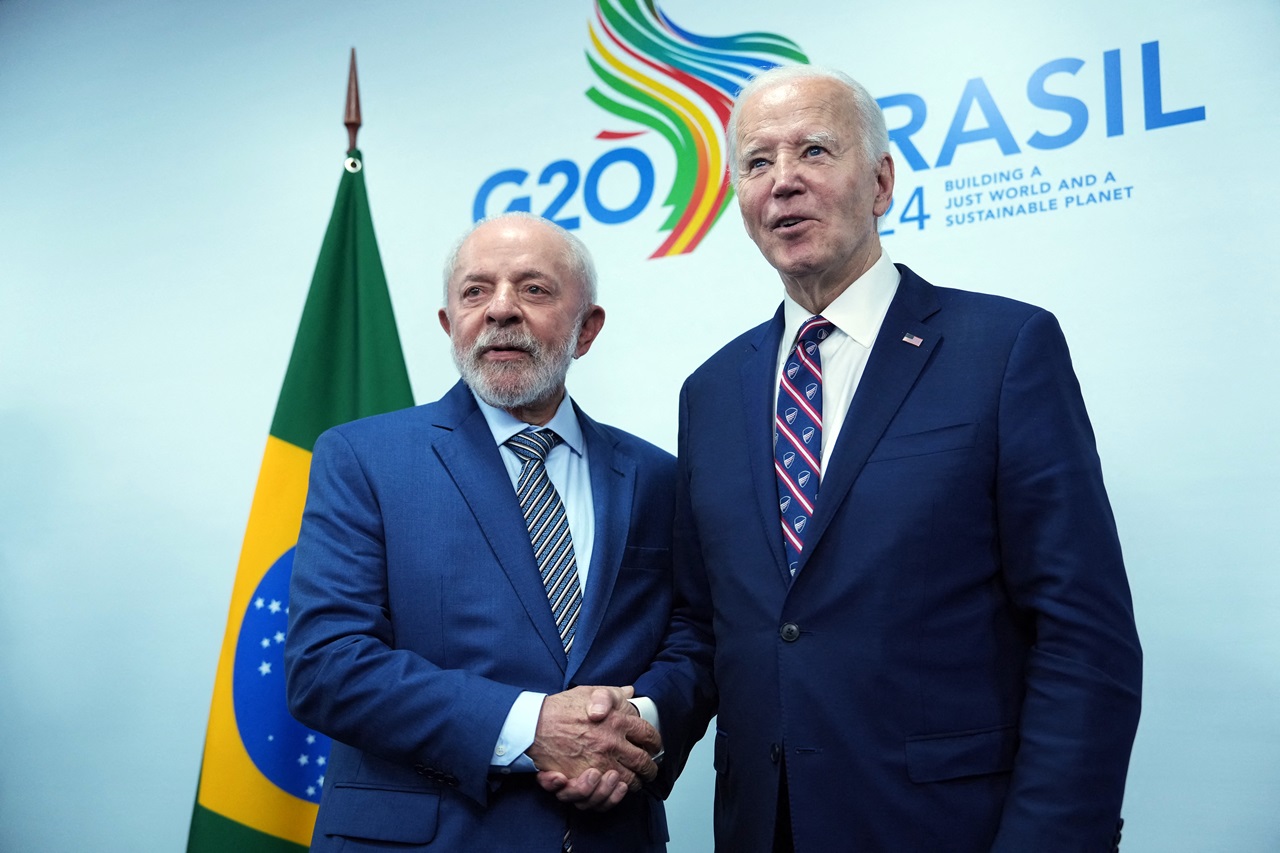
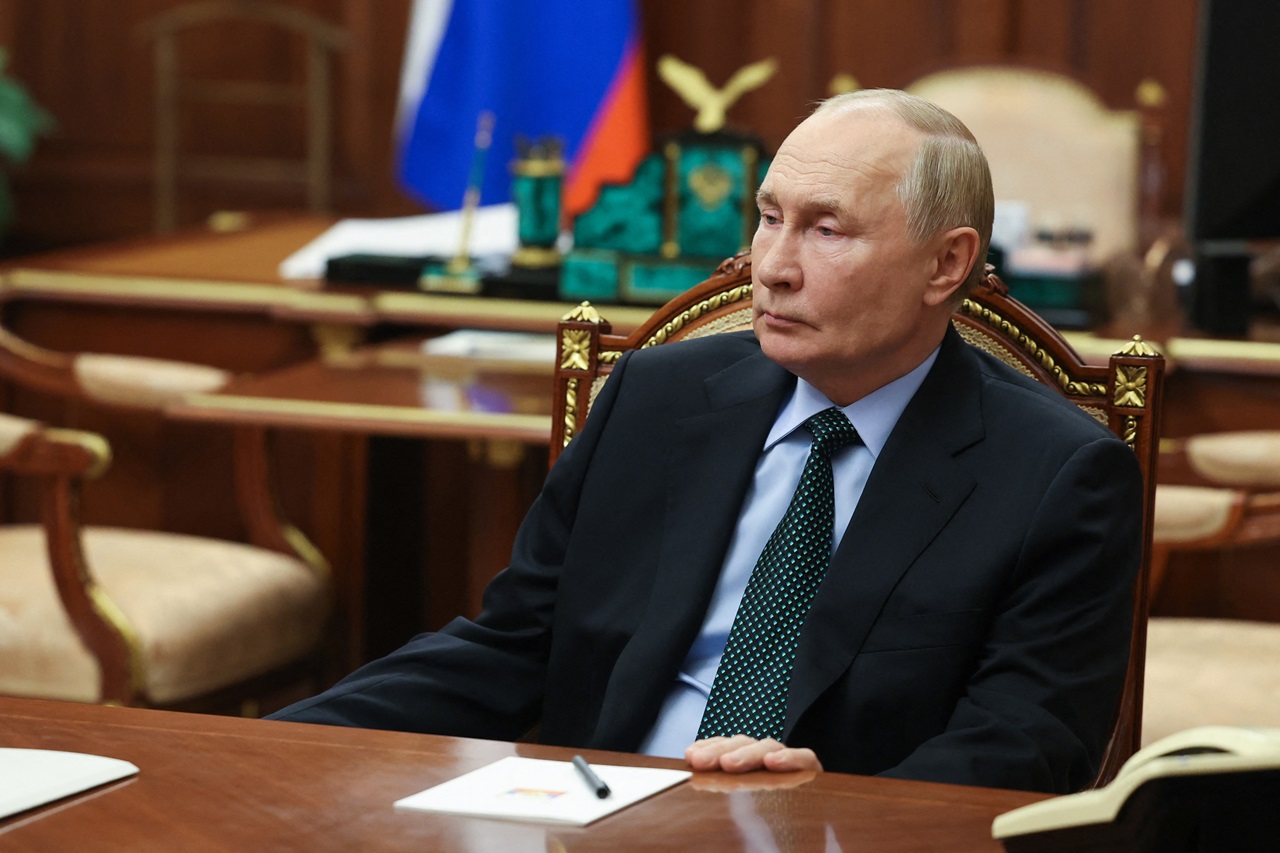



LEAVE A COMMENT:
Join the discussion! Leave a comment.